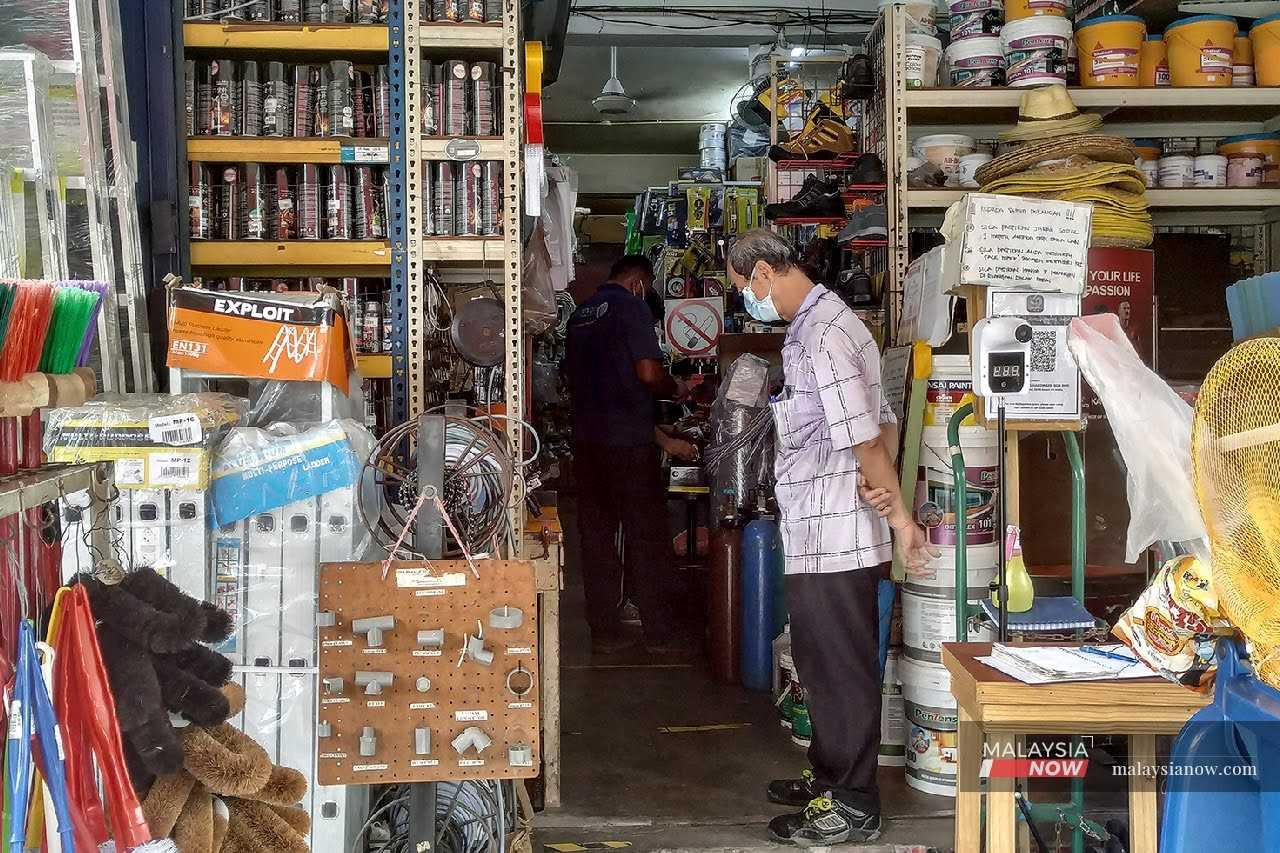The effect of OPR hikes on small businesses
With consumers spending less and turning to cheaper alternatives, some SMEs say the increase in overnight policy rate has only reduced their purchasing power even more.
Malaysia recorded an 8.9% increase in GDP during the second quarter of the year, up from 5.0% in the previous quarter – among the highest rates in the region and a spot of good news for the country which is still working its way back from its Covid-related losses.
Overall, the economy grew 6.9% in the first six months of 2022.
But despite the encouraging numbers, SMEs throughout the country are still fighting for survival with poor sales even as pandemic restrictions are eased.
Mohamad Jamalee Bashah, for example, runs a local publishing company. His sales have dropped by 50% since December last year – a situation which he attributes to several factors.
"Some economists say there will be a major recession in 2023, causing consumers to put aside more for savings," he said.
"Job security has also been on the decline, which is another reason why people are trying to save more."
While SMEs involved in industries such as the supply of food and raw goods are doing well in terms of sales, he said, those that focus on non-essential products have been badly affected.
"Prices have also increased due to operating problems and the dramatic increase in production costs," he said.
And with Malaysians chafing at the bit from more than two years of border closures, he added, many consumers prefer to spend their money on tours and vacations now that restrictions have been lifted.
Bank Negara Malaysia has already raised the overnight policy rate (OPR) several times since lowering it by 124 basis points from 3% to 1.75% during the Covid-19 pandemic.
In May, it announced an increase of 25 basis points to 2%, which was raised again to 2.25% in July.
On Sept 8, it increased the OPR by a further 25 basis points to 2.5%.
With more OPR hikes expected to come, the central bank has defended its move as a bid to control Malaysia's inflation rate by reducing the flow of money in the market.
Speaking to MalaysiaNow, though, Jamalee said this reasoning was open to debate.
He said the inflation rate had risen to 4.4% even with the OPR hikes.
"There is more demand than supply right now because the price of goods has gone up," he said.
"Raising the OPR does not help to reduce operating costs or supply problems. It only reduces the purchasing power of consumers."
Mohamad Abdullah from the Federal Territory Malay Hawkers and Petty Traders Association meanwhile said the impact from the increase in OPR was minimal for small-time hawkers who had no loans.
"Vendors, especially those who sell food and basic goods, will continue to receive customers," he added.
"Any impact will likely be felt by those involved in the sale of goods from the factories."
From his point of view, while the OPR hikes have reduced Malaysians' purchasing power and forced them to spend more thriftily, many continue to shop – just at less expensive places.
"The shopping centres and supermarkets frequented by those in the middle class will feel the effects," he said.
"But those in the lower income bracket will just switch to buying things from the night market, or from hawkers."
Mohamad also said he had noticed an increase in demand for licences, food trucks and trading spots which he said showed that more people were venturing into micro businesses.
Jamalee meanwhile said that aside from giving financial assistance, the government should encourage consumers to spend.
"When the government itself shows signs of saving and reducing allocations for its agencies, the cash flow will decrease because the vendors will, in turn, cut down on their projects.
"This has a big influence on consumer spending."
Subscribe to our newsletter
To be updated with all the latest news and analyses daily.
